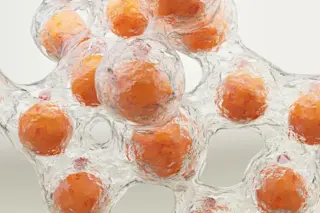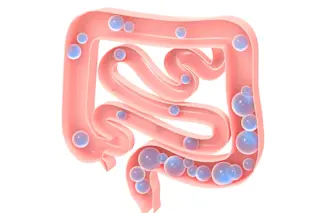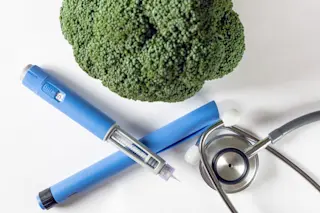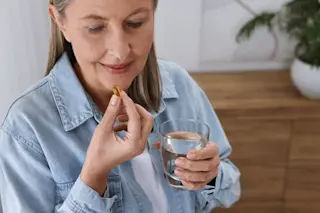The artificial sweeteners in “diet” beverages, thought to help people trim their waistlines, may be having the opposite effect. A new study reveals that three of the leading artificial sweeteners produce an increase in blood-sugar levels in both mice and humans, by disrupting the balance of helpful gut bacteria. High blood-sugar levels, in turn, are the telltale sign of glucose intolerance, a condition which can evolve into diabetes and metabolic disease.
The role artificial sweeteners play in the obesity epidemic is far from settled: some studies say artificial sweeteners are beneficial for weight-watchers; other studies show these sweeteners can lead to weight gain. The current study falls into the latter category. To start, researchers added saccharin, aspartame or sucralose (common artificial sweeteners) to the drinking water of three groups of mice for 11 weeks. These mice were compared with two other groups: one that drank plain water, and another with ...













